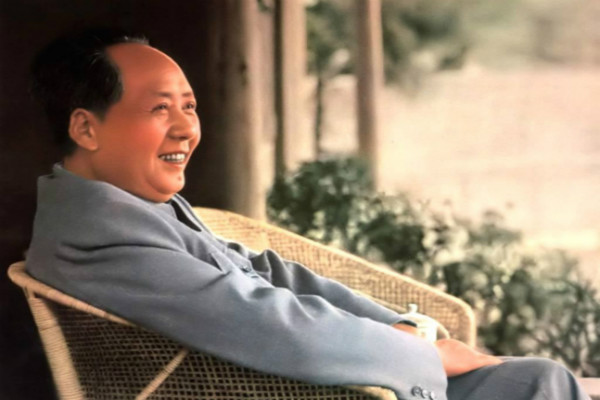
By Tai Wei Lim
Mao Zedong
Mao Zedong was a complex man born in complex times. For the early phase of his life, we understand that he was an inquisitive person, often seeking to discover new things, moving to big cities, testing out new ideas, and having a dogged streak that saw him seeking out new roles as an intellectual, urbanite, and later on, a revolutionary. We know that he had a stormy relationship with his father and adored his mother. In many ways, he was also an outcome of random historical events, thrown in roles that were not originally envisaged.
Mao became a commander out of necessity, escaping Nationalist troops who were out to exterminate the Communists when the Communist-Nationalist split occurred. In this early phase of the life, Mao was also a constructor, helping build up the Red Army and working with individuals like Zhu De and Lin Biao to become commanders of the militia that they led. He was also careful to stay within the collective leadership. In this sense, he had good human resource instincts. Zhou Enlai was another early revolutionary who worked with Mao. Where Mao had no expertise, he found men who had and who were willing to work with him. Mao proved to be a pragmatic man, able to set up the military by incorporating potential allies, fought battles with careful calculation and able to adapt to situational circumstances very quickly. Mao was also known to be quite gender neutral in deploying labor, realizing the value of women in industrial production very quickly. He was credited with saying that women held up half the sky. He had a pragmatic attitude in human resource utilization.
Mao’s story was also about managing major powers in the world. Caught up in ideological Communism from Moscow, he dealt first with Chiang Kai-shek’s Nationalists troops and then Comintern agents, Japanese, and Americans. He fenced with equally worthy rival strongmen like Chiang Kai-shek and Joseph Stalin. Again, from his interactions with major powers and strongmen, necessity gave Mao the experience to maneuver his troops to victory in the 1945-49 civil war, converting his experience and confidence into military wins against rival forces.
After the Pacific and civil wars, Mao, an ambitious man, aspired to turn China into a powerful state by closing the gaps with the major powers he had to deal with in the first half of his life. Along the way in pursuing this vision, achievements and sacrifices marked his administration. In this period, Mao succeeded in persuading the Soviets to provide technical knowhow to build nuclear reactors and the atomic bomb before the Sino-Soviet split. To a certain extent, with the ownership of the atomic bomb (in 1967, China detonated the hydrogen bomb), aid received as a developing economy, and resistance against de-Stalinization in the Communist world, China carved out its own international space and growing global influence. China also emerged as a self-styled defender of the third world (particularly the African and Asian worlds).
Some of these achievements to attain global power came at a price. Mao and his planners’ economic policies were acknowledged mistakes. The Great Leap Forward took a heavy toll as more than 30 million Chinese perished following the starvation that came out of the accelerated industrialization campaign. In this sense, industrialization was subjected to ideological rather than market forces. Besides massive industrialization projects, Mao was also ideologically pre-disposed to social movements and started the Great Proletarian Cultural Revolution. This ideological campaign resulted in hardship for those who were persecuted. After Mao’s death, Jiang Qing or Madam Mao and the other members of the Gang of Four were persecuted over the campaign.
After two flawed campaigns, Mao spun back into prominence and proved to be a great strategist again when he invited the American table tennis team to come to China and gave them a rousing welcome. This created favorable conditions for Mao to meet Henry Kissinger secretly and then paved the way for US President Richard Nixon’s visit. Suddenly, Mao was back in the international spotlight again. US and UN recognition opened the way for the international community to re-engage with China. It started a momentum that could not be stopped and led eventually to China’s re-integration into the world economy and the rise of China.
Mao meant different things to different people. To his allies, he was a decisive leader with a vision to make China a great nation. To his detractors, he was a strongman with flaws that resulted in hardship for a large number of people. To his rivals, he was a fearsome opponent with Machiavellian instincts and methodical ways of dealing with his enemies. To his admirers, he was a charismatic Great Helmsman with the leadership ability to inspire. To his closest circle, he inspired their faith and loyalty but they were simultaneously aware of his mercurial attitude towards social experiments. To the curious, he was a unique personality with a patented ideology that was a curious mix of traditionalism, Stalinism, totalitarianism, dynastic elements, autocracy, octogenarianism, creative destruction, Machiavellianism, Leninism, feudalism, populism, faith-based politics, corporatism, and romanticism.


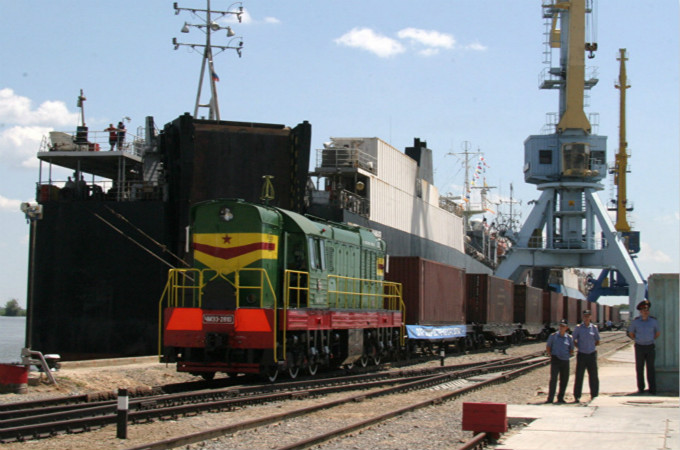
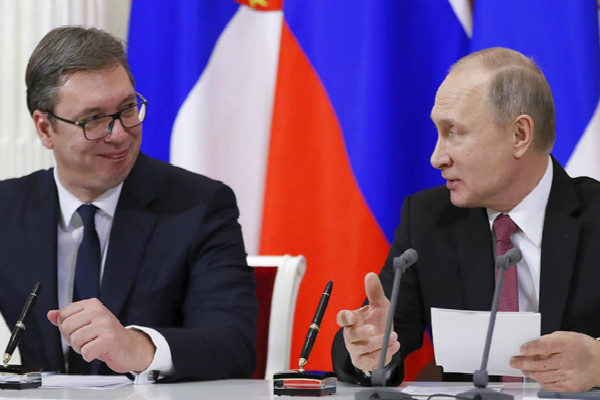
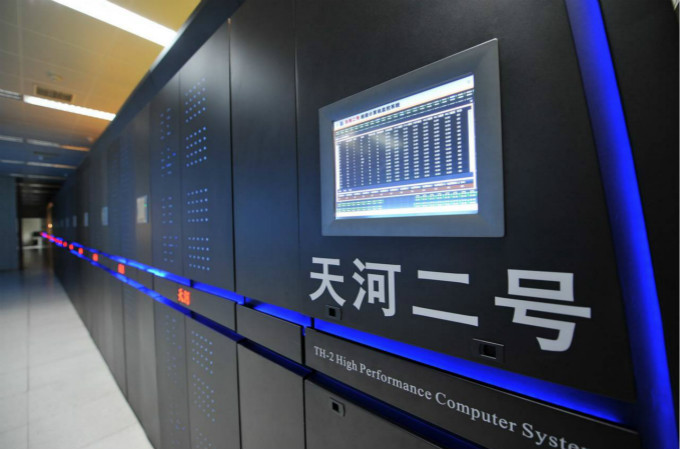
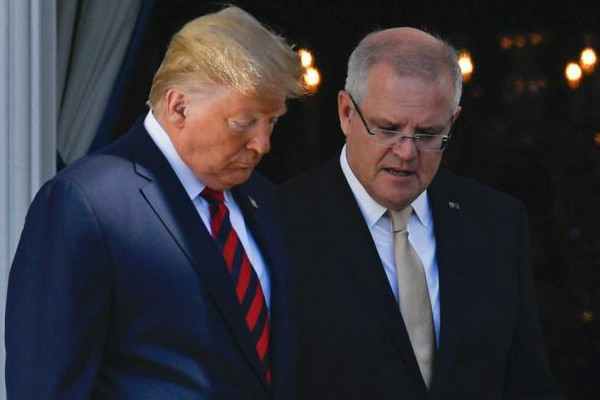
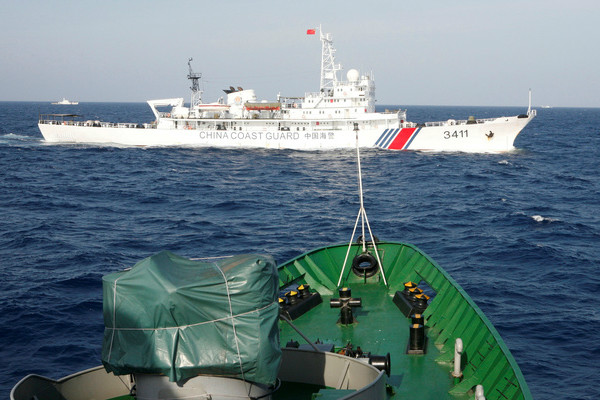
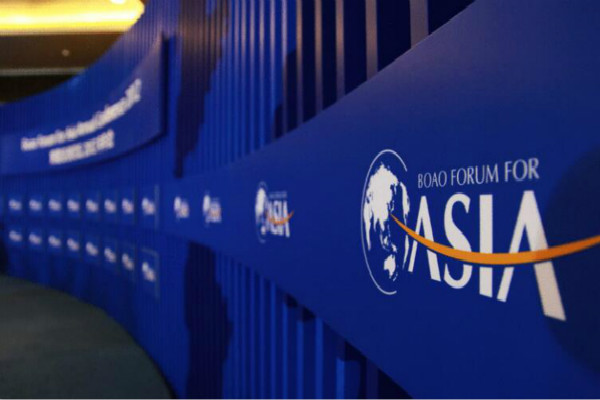
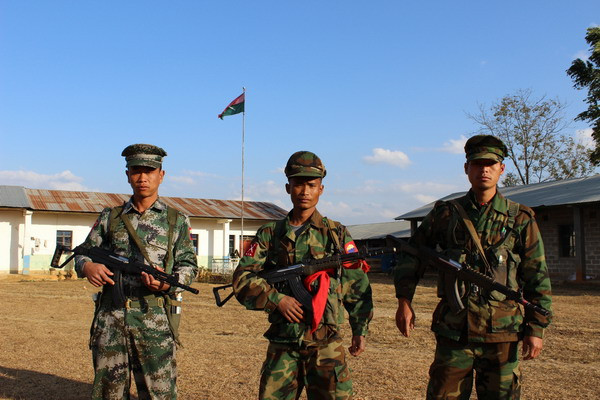
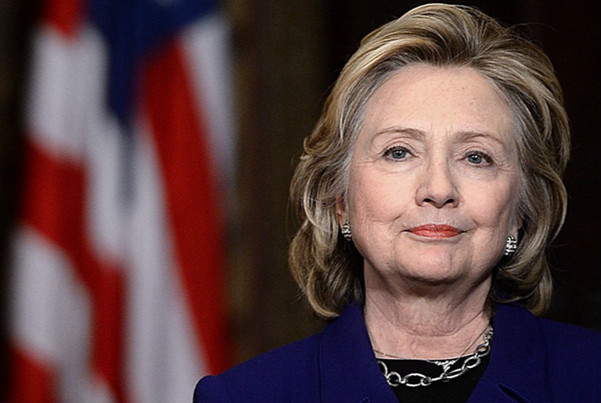
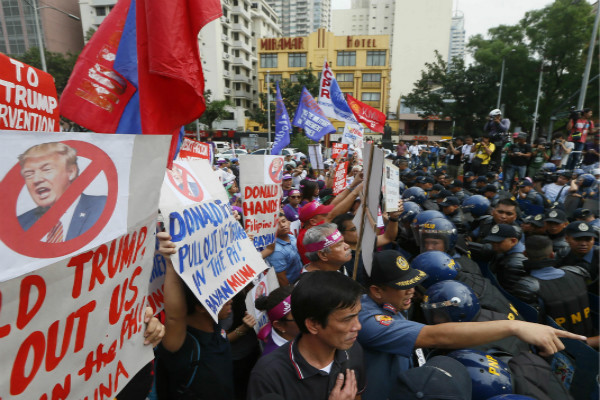
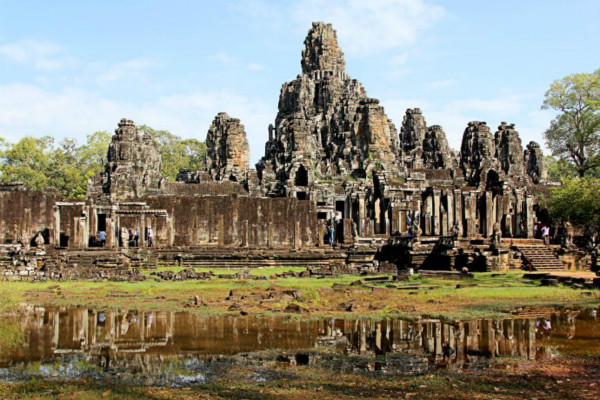
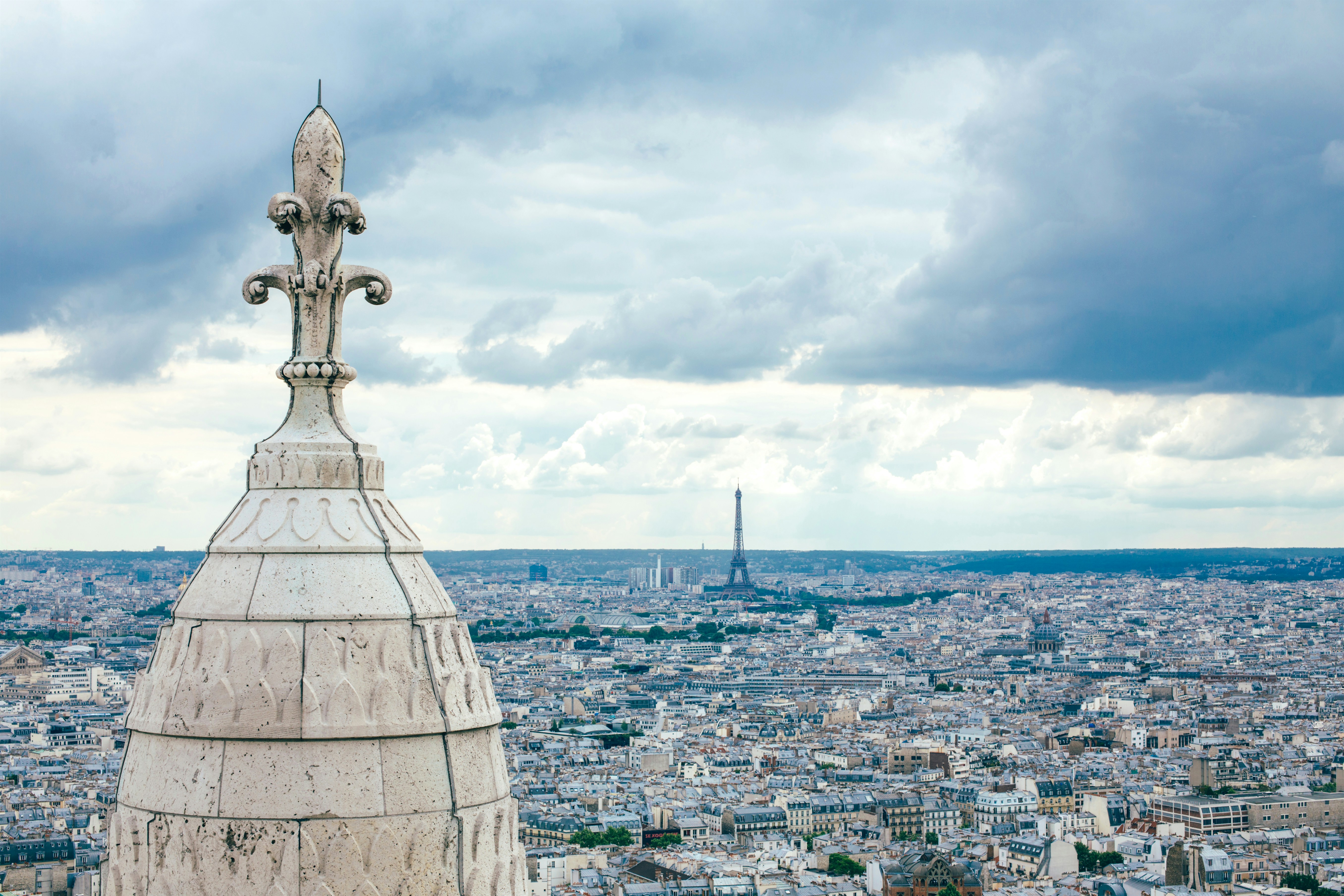
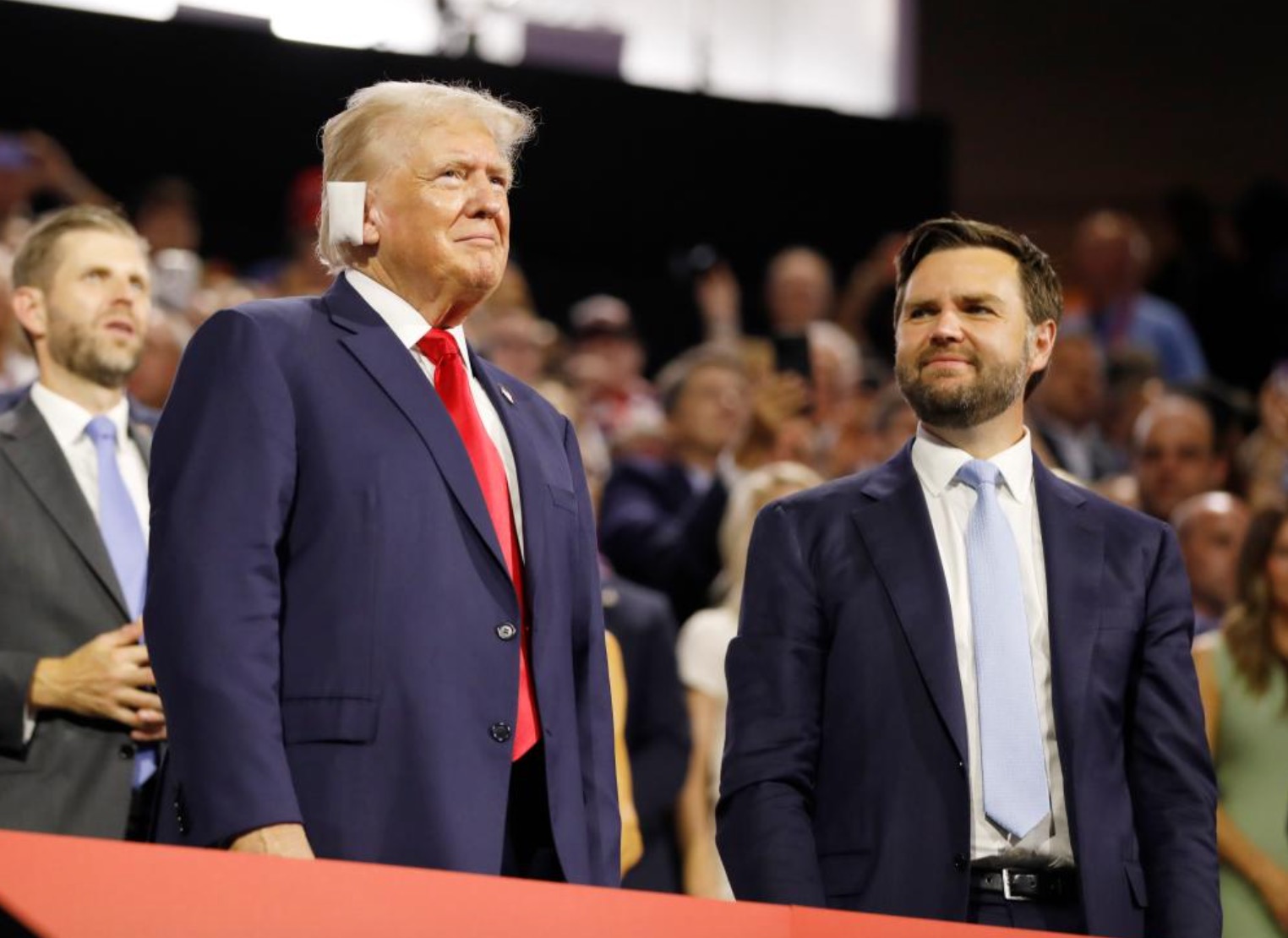
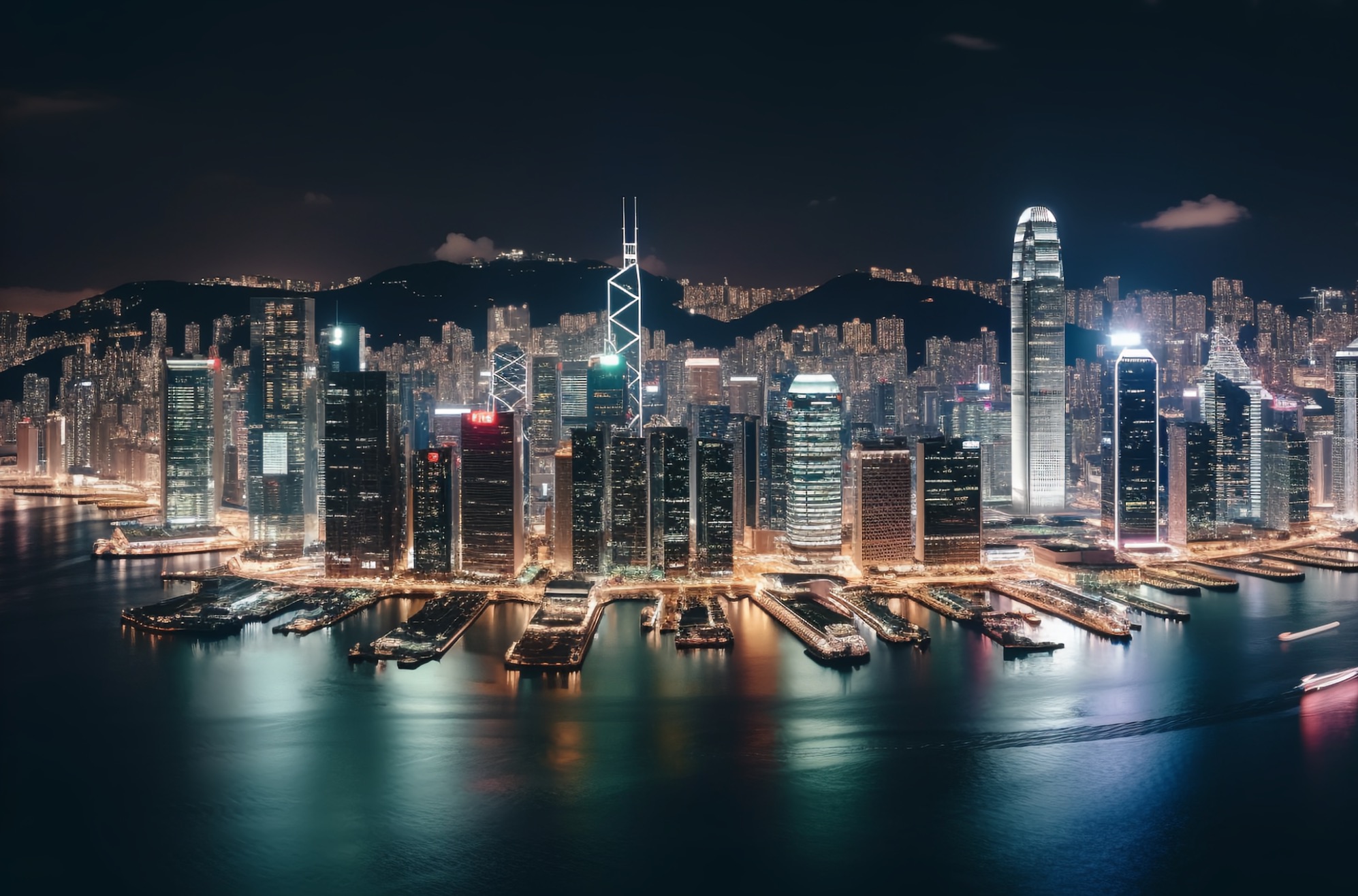
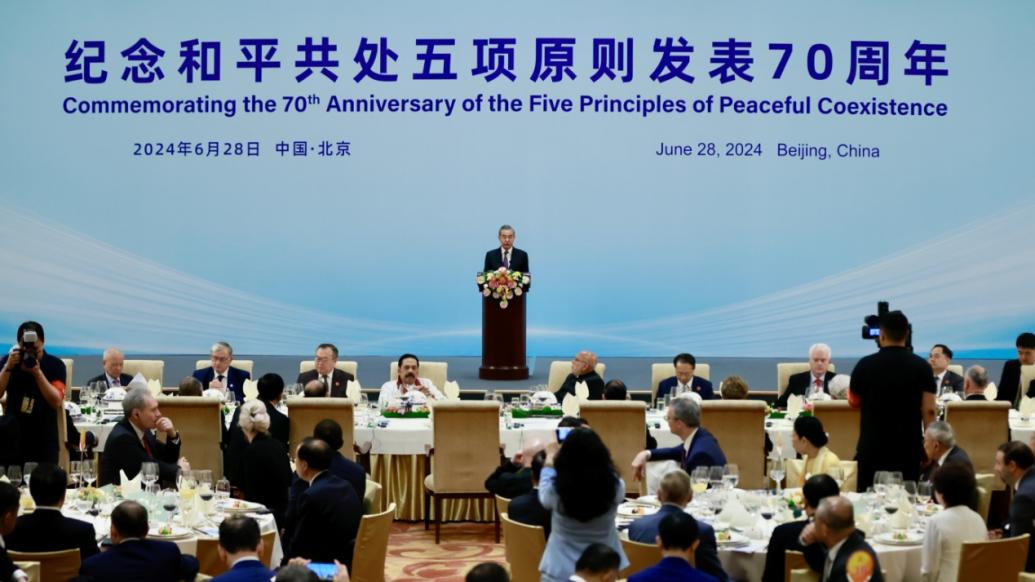
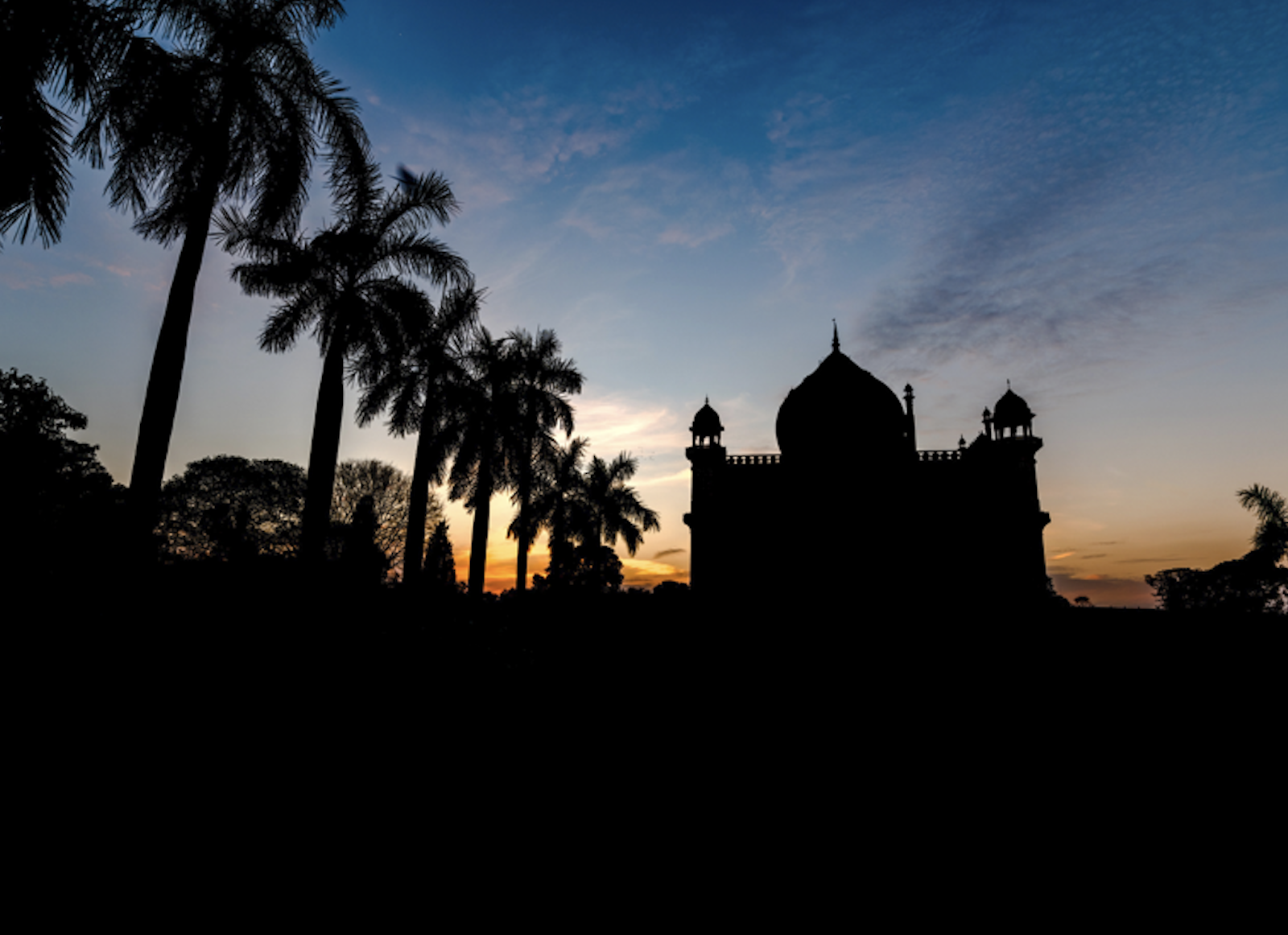
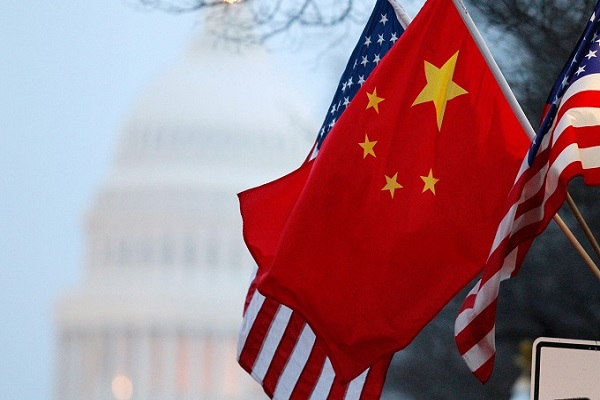
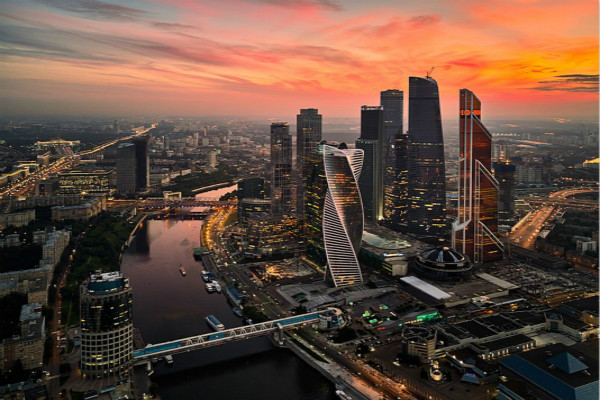
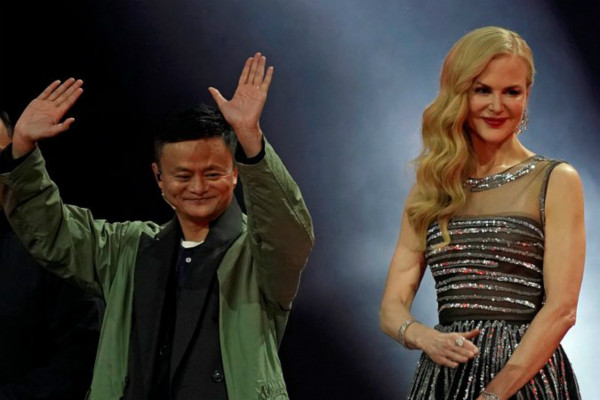
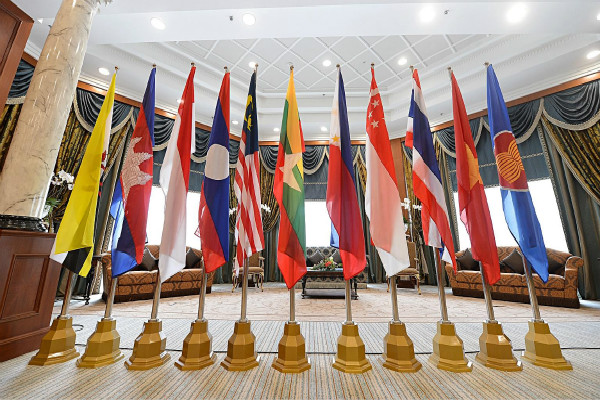
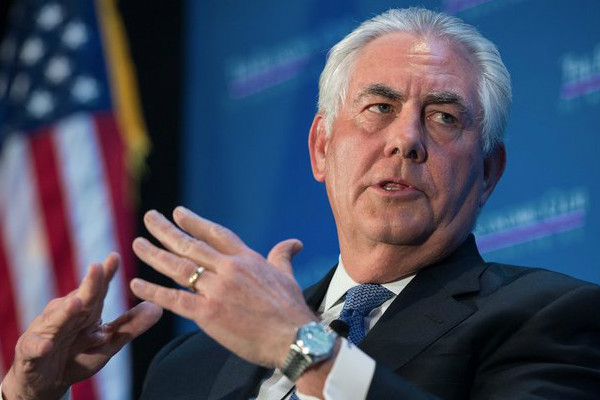

Leave a Reply
Your email address will not be published. Required fields are marked *